THE HEALTH AND FITNESS BLOG
May 27, 2022 – By Dr. Haider Khalid
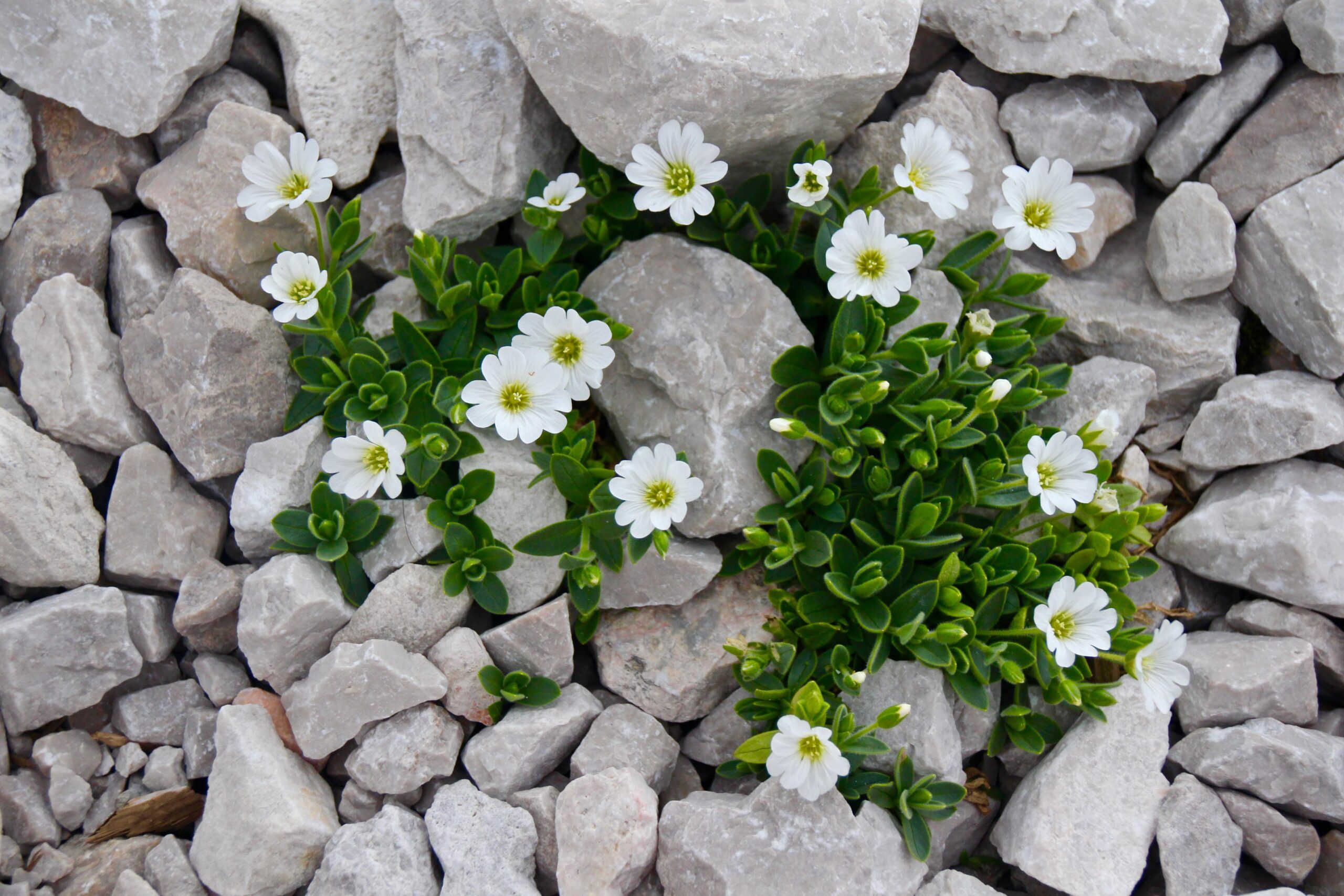
Chickweed is an herb primarily found in North America and Europe. It is an annual winter plant that can grow anywhere, including your lawns, gardens, and agricultural areas. It lies close to the ground and consists of small, star-shaped white flowers.
Our concern here is related to the health effects of chickweed. Its use is a part of the folk remedy that dates back centuries in human history. In this article, you will get information about health benefits, side effects, and different dosage forms of chickweed.
How Does Chickweed Improve Health?
Chickweed is an herb that contains numerous plant chemicals. Some of the important ones include mucilage, coumarins, phytosterols, tocopherols, minerals, organic acids, and vitamin C. Most of its health benefits are due to these chemical components (1).
Effects on Fat Digestion and Utilization
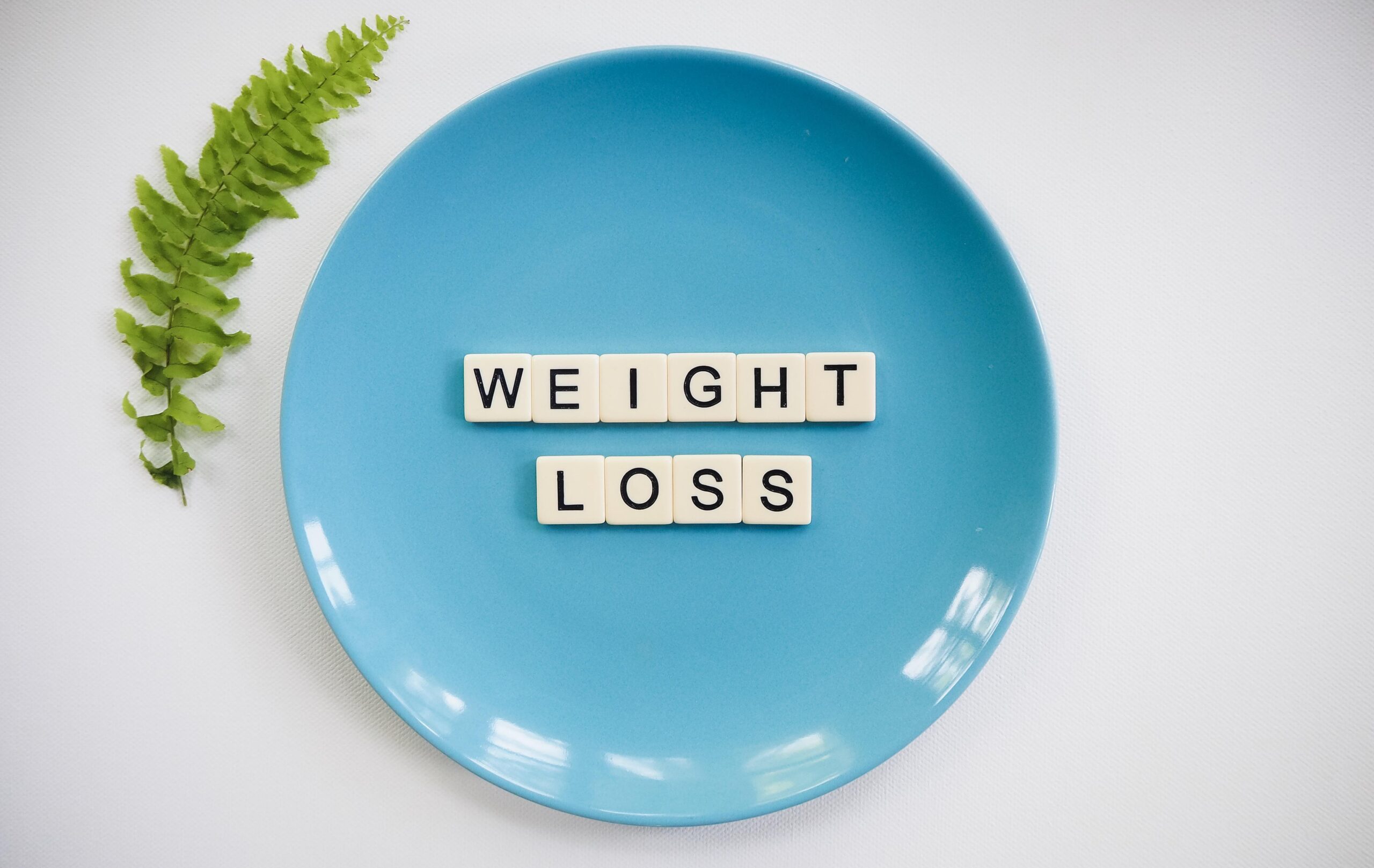
According to research, chickweed herb extracts reduce progesterone-induced obesity in female albino mice, which can be related to human females (2). In addition, the study indicates various effects of the extract on lipid absorption and its utilization in the body. All of which result in lower fat concentrations in the blood.
Another research shows inhibition of digestive enzymes after ingesting chickweed extracts for six weeks (3). Inhibition of enzymes resulted in decreased lipid absorption and reduced levels in the blood. All these effects reduce your likelihood of becoming obese.
Most researches related to chickweed involve experiments on mice. Therefore, despite a bulk of scientific knowledge, it cannot be said with absolute certainty whether chickweed has the same effect on humans or not.
May Help You with Cough
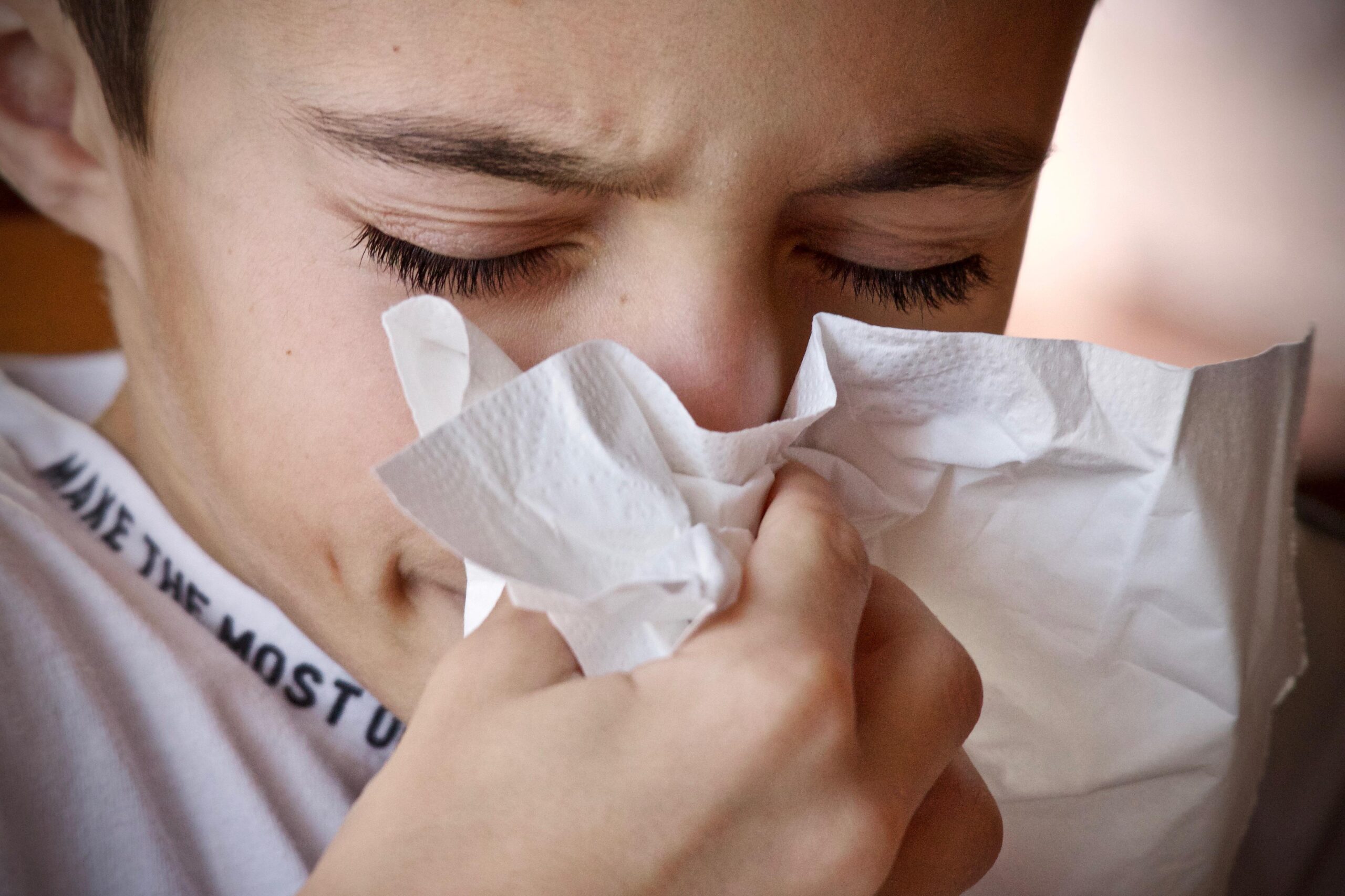
Whenever you get the common cold, thick phlegm builds up in your throat. It causes cough, which irritates you a lot. Unfortunately, most pharmaceutical medicines have little or no effect on the phlegm. Frustrated from all this, you are probably looking for a folk remedy that may help you with your cough.
If that’s the case, chickweed might be your savior. Chickweed extracts also act as an expectorant (4). An expectorant is a substance that loosens the mucus in the phlegm and promotes its removal from the throat.
Promote Wound Healing
In Ireland and Britain, it is common to use chickweed as a remedy for skin problems (1). Chickweed is famous for its moisturizing effects, and many use it for accelerating wound healing. Its application to the wound also helps you with itching and irritation.
Moreover, chickweed is also helpful in other skin ailments such as dermatitis.
The effects of chickweed in promoting tissue healing are not limited to the skin only. For example, according to a clinical study, the application of chickweed juice to the liver helps fight the hepatitis B virus. Its application to the liver for six days reduces the growth of the virus by 25% (5).
Reduces Inflammation
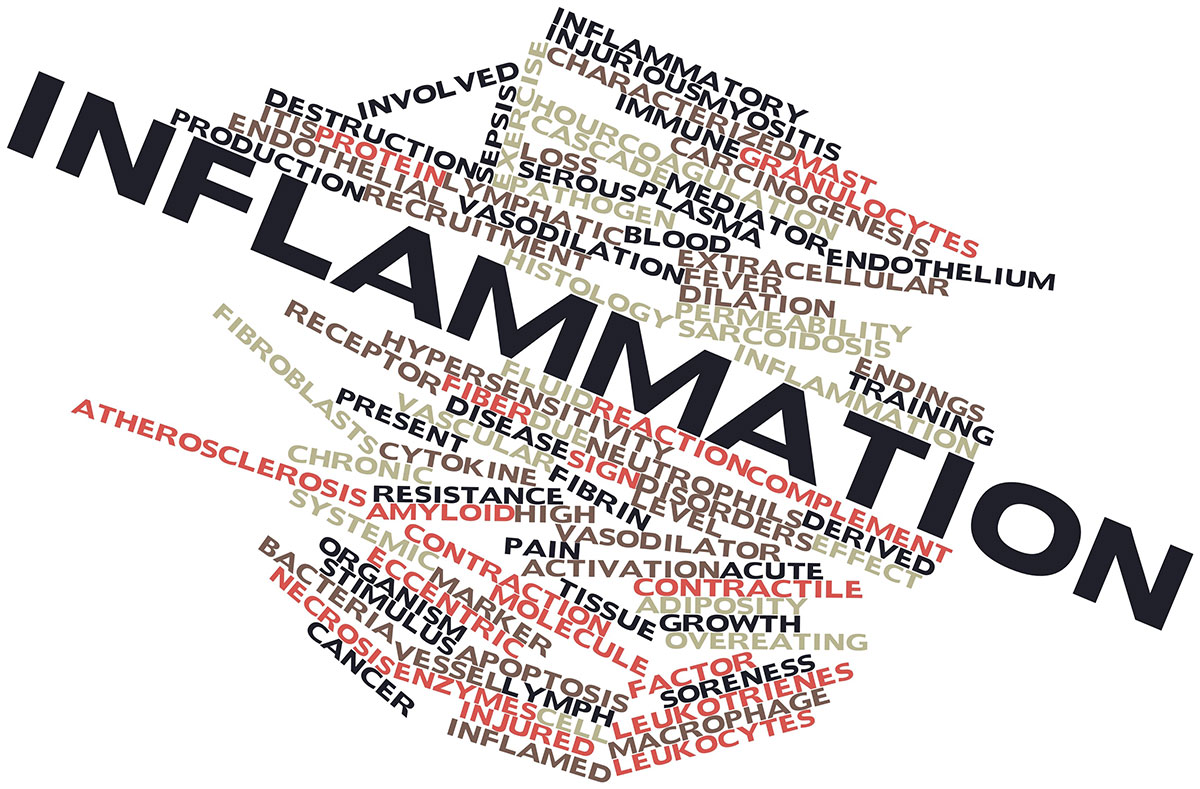
Suppose you had a sprain in your leg, ankle, or somewhere else, and that part is swollen, causing you pain and irritation. What can you do about it? In my opinion, you can apply a paste of chickweed over the swollen area, and it will provide you relief.
It’s not simply my opinion. It’s fact-based on scientific research knowledge. According to a review study, applying the chickweed over the swollen area helps you relieve inflammation and irritation and provides you soothing effects (6).
The story of chickweed as an anti-inflammatory substance doesn’t end here. Researches also indicate the role of chickweed paste in reducing inflammation relating to joint and respiratory tract infections such as bronchitis (7).
Are There Any Side Effects?
As discussed in the previous paragraphs, chickweed extract inhibits digestive enzymes (3). Thus, consuming this herb in more than recommended amounts can lead to digestive tract issues such as nausea, diarrhea, and vomiting (8).
Some people can be allergic to the contents present in the chickweed. As a result, they can experience a rash after applying the herb to the skin. If you are also allergic to this herb, you should avoid using it for its beneficial effects.
Moreover, there are no recommendations that consider chickweed safe for children and women who are pregnant or breastfeeding. Therefore, it would be best for these populations to avoid chickweed to prevent unnecessary damage.
How to Use Chickweed for Achieving its Health Benefits?
There is no recommended dose of chickweed. Therefore, you must first consult with your health care provider before using it.
Here in this portion, I will tell you about different ways to use chickweed as a remedy. Each form is related to solving a particular problem.
Application of Paste on the Skin
Chickweed is applied directly to the skin because of its anti-inflammatory and soothing effect. It also moisturizes the skin. In case of sprains, bug bites, or traumatic injury, you can apply the paste of chickweed to reduce inflammation. It will also help you with itching and irritation.
Eating Raw Leaves
Eating raw leaves doesn’t mean you have to eat them like a goat. You first have to chop the leaves, and then you can use them in any of your recipes as an active ingredient. You can also use them as a part of the salad.
Use with the Tea
You can also use the extract of the chickweed leaves as tea. For this purpose, you need to dip the leaves in hot water and wait for the extract to get out of the leaves. You consume this tea for achieving various purposes. Some of the important ones include reducing inflammation, pain, and irritation in your throat.
Make a Chickweed Oil
If nothing of the above works for you, you can make oil of the chickweed leaves by mixing crumpled leaves and blending them in coconut oil. Then, you can apply the oil to the skin to achieve the health benefits of chickweed.
REFERENCES
- Furey A, Kingston R. Looking backward to find the path forward. Pharmacognosy Research [Internet]. 2010 [cited 2022 May 27];2(3):121. Available from: https://www.ncbi.nlm.nih.gov/pmc/articles/PMC3141300/
- Chidrawar V, Sheth N, Trivedi P, Patel K, Shiromwar S. Antiobesity effect of Stellaria media against drug induced obesity in Swiss albino mice. AYU (An International Quarterly Journal of Research in Ayurveda) [Internet]. 2011 [cited 2022 May 27];32(4):576. Available from: https://www.ncbi.nlm.nih.gov/pmc/articles/PMC3361939/
- Rani N, Vasudeva N, Sharma SK. Quality assessment and anti-obesity activity of Stellaria media (Linn.) Vill. BMC Complementary and Alternative Medicine [Internet]. 2012 Sep 3 [cited 2022 May 27];12(1). Available from: https://www.ncbi.nlm.nih.gov/pmc/articles/PMC3468403/
- Chickweed: Benefits, Side Effects, Precautions, and Dosage [Internet]. Healthline. 2020 [cited 2022 May 27]. Available from: https://www.healthline.com/nutrition/chickweed-benefits
- Ma L, Song J, Shi Y, Wang C, Chen B, Xie D, et al. Anti-Hepatitis B Virus Activity of Chickweed [Stellaria media (L.) Vill.] Extracts in HepG2.2.15 Cells. Molecules [Internet]. 2012 Jul 18 [cited 2022 May 27];17(7):8633–46. Available from: https://www.ncbi.nlm.nih.gov/pmc/articles/PMC6268626/
- Chandra S, Rawat DS. Medicinal plants of the family Caryophyllaceae: a review of ethno-medicinal uses and pharmacological properties. Integrative Medicine Research [Internet]. 2015 Sep [cited 2022 May 27];4(3):123–31. Available from: https://www.ncbi.nlm.nih.gov/pmc/articles/PMC5481791/
- Polito L, Bortolotti M, Maiello S, Battelli M, Bolognesi A. Plants Producing Ribosome-Inactivating Proteins in Traditional Medicine. Molecules [Internet]. 2016 Nov 18 [cited 2022 May 27];21(11):1560. Available from: https://www.ncbi.nlm.nih.gov/pmc/articles/PMC6273415/
- Wen L, Xia N, Tang P, Hong Y, Wang Z, Liu Y, et al. The Gastrointestinal Irritation of Polygala Saponins and Its Potential Mechanism In Vitro and In Vivo. BioMed Research International [Internet]. 2015 [cited 2022 May 27];2015:1–8. Available from: https://www.ncbi.nlm.nih.gov/pmc/articles/PMC4331466/
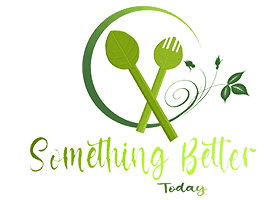
Leave a Reply